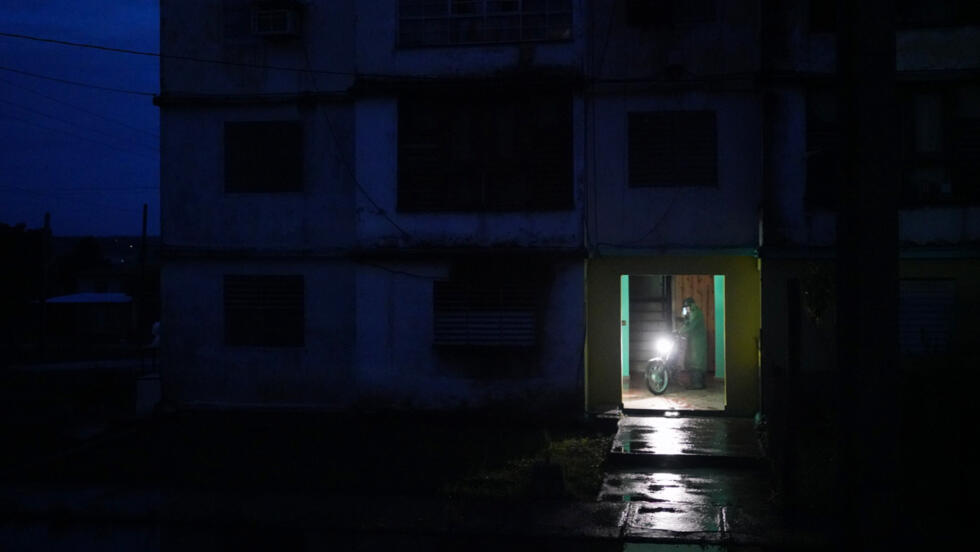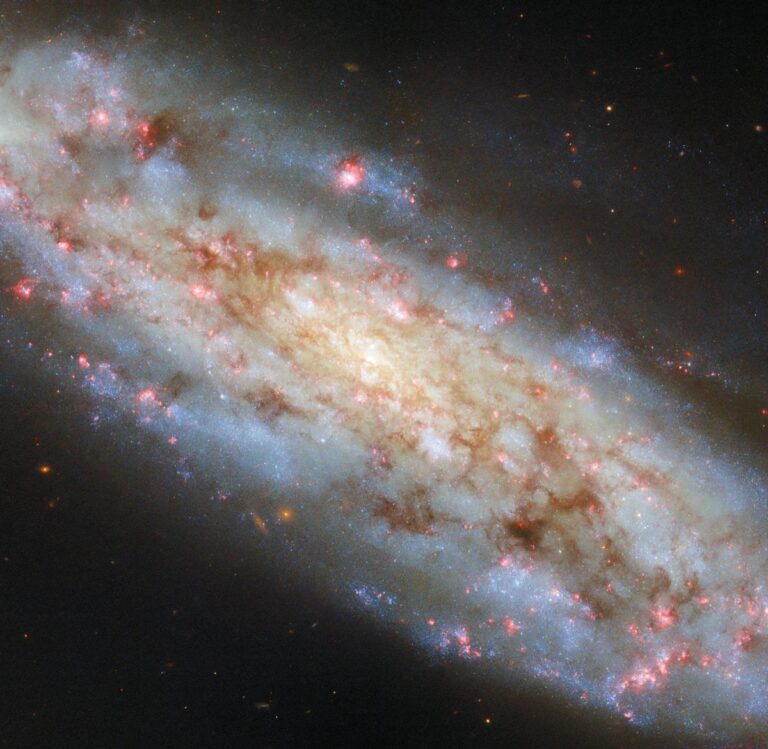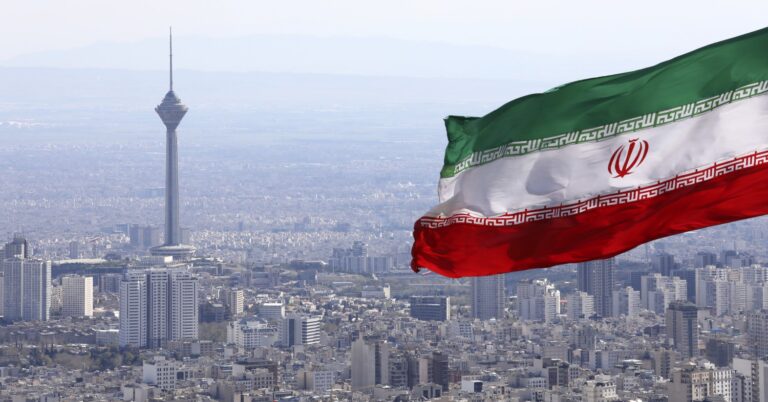Cuba’s primary power plant failed, leaving its 10 million residents without power, resulting in a statewide blackout.
On Friday, at approximately 11:00 (15:00 GMT), the energy ministry said on social media that the country’s electricity grid had collapsed.
According to grid officials, they have no idea how long it will take to get the electricity back.
After months of protracted blackouts, the prime minister of the island declared a “energy emergency” on Thursday.
The main power plant on the island, Antonio Guiteras in Matanzas, went out, resulting in Friday’s complete blackout.
The crisis is the “absolute priority” for President Miguel Díaz-Canel Bermúdez.
He posted on X that “there will be no rest until power is restored.”
Lazara Guerra, the energy ministry’s head of electrical supply, was later cited by the AFP news agency as saying that the process of restoring power was only getting started.
“Some level of electricity generation” existed, she continued, and it would be utilized to launch power plants around the nation.
Officials had earlier on Friday announced that all non-essential activities, including nightclubs, would close until Monday.
In order to protect the electrical supply, non-essential government services were discontinued and non-essential staff were advised to stay at home.
According to local media, Cubans have also been asked to turn off high-consumption items like stoves and refrigerators during peak hours.
“This is crazy,” AFP was told by Eloy Fon, an 80-year-old retiree residing in central Havana.
It demonstrates how flimsy our electrical system is… We are living day to day with no reserves and nothing to keep the nation afloat.”
Digital content creator Bárbara López, 47, reported that she had “barely been able to work for two days” already.
“It’s the worst I’ve seen in 47 years,” she stated. “They’ve made a huge mistake now… We don’t have mobile data or power.”
- Fuel prices in Cuba are expected to increase by five times.
- Cuba regrets the demise of the famous sugar industry
- “The violence is getting out of hand”: Street crime is rampant in Cuba
In a televised address to the public on Thursday, Prime Minister Manuel Marrero attributed the power outages to aging infrastructure, a lack of fuel, and increased demand.
“The fuel shortage is the biggest factor,” he stated.
Alfredo López Valdés, the head of the National Electric Union (UNE), concurred that the island has been dealing with a difficult energy situation, primarily due to shortages.
In Cuba, extended blackouts are never a pleasant occasion, especially when they are this widespread.
partially due to the possibility that the Cuban government may have a problem with public order if the lights are left on.
Thousands of demonstrators poured into the streets in July 2021 in response to days-long blackouts that occurred throughout a large portion of the nation.
People living in the oppressive heat on the island for days without ceiling fans or air conditioning added to the desperation brought on by valuable food items going bad in warm refrigerators and freezers.
Water is supplied to the faucets by electric pumps in many buildings, thus without power, there would be no water.
In addition, people are unable to work or use their cars to take care of critical demands or basic problems when there is no gasoline available at the pumps.
The Cuban government is starting to notice that a lot of people on the island are no longer afraid to speak out about the numerous issues they deal with on a daily basis.
If the situation warrants it, some are even willing to yell anti-government chants in the streets.
March saw a rare public demonstration by hundreds of residents in Santiago, the second-largest city in Cuba, against ongoing power outages and food shortages.




















+ There are no comments
Add yours